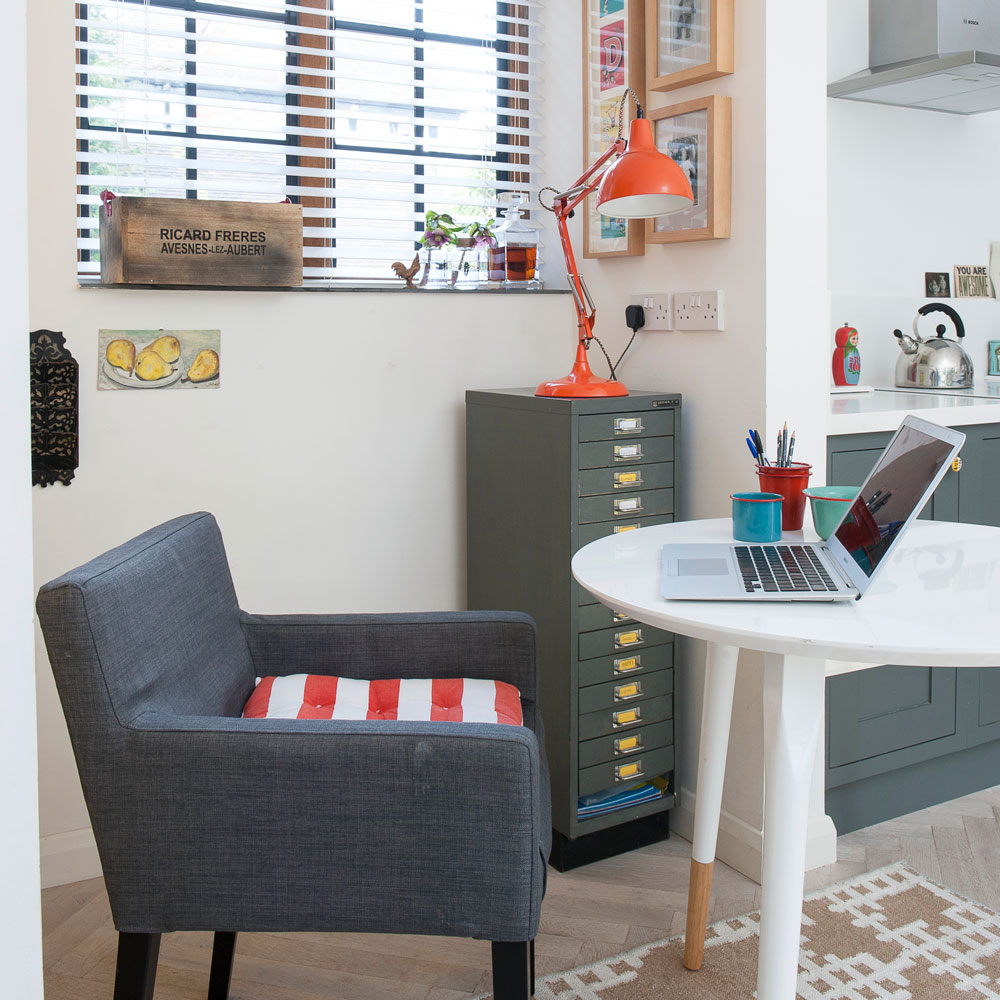How to improve your credit score for a mortgage
To get your hands on the cheapest mortgage deals you’ll need a top-notch credit score - this is how to improve your credit score to secure a mortgage
Mortgage interest rates have sunk so low that some banks and building societies are offering homeowners rates of less than 1%. But to get your hands on the cheapest mortgage deals you need to be an attractive financial candidate. This means you may need to improve your credit score.
If you are thinking about buying a house and you want the best mortgage rates, you'll need an A-star credit score to be considered. A credit score is a number that lets lenders know how good you are at managing your personal finances, debts and bills. Your score will fall within one of five categories: poor, fair, good, very good and excellent or exceptional.

The main credit agencies, Experian and Equifax, use different scoring systems so there’s no magic number that indicates what a good or excellent credit score is. Equifax has recently updated its scoring range from 0 to 700 to 0 to 1,000. To land an excellent score you’ll need 811 or more. Experian is in the process of changing its scoring system. Currently its score goes from 0 to 999. If you score between 961 and 999 you’ll rank excellent.
Having a bad or fair credit score not only means you’ll be offered a higher rate of interest, but may also result in you being asked to stump up a bigger deposit. That’s because the lender thinks you pose a higher risk of not paying your mortgage back.
How can you improve your credit score?
There’s lots of ways you can give your credit score a boost to get the best mortgage deals.
Asses your current credit score

Finding out your current score is a good place to start. Sign up to a credit reference agency to receive your report so you can see exactly what a mortgage lender sees. Some agencies offer a free trial so you can download your report and then cancel any future payments. Or you might want to subscribe to receive your report monthly so you can see what impact your improvements are making to your score.
As well as finding out your credit score, you’ll be shown your address history, credit history and any instances of credit problems. Defaults, County Court Judgements (CCJs) and bankruptcies stay on your credit report for six years.
Register to vote
Are you registered on the electoral roll? If not, sign up on the gov.uk website. When you sign up to the electoral register it’s recorded on your credit file which provides lenders with your name and address history and adds points to your score.
Improve your credit score with sensible credit
Not enough or too much credit? You might think not having any credit at all is a good thing. Actually, having no credit leads to a low credit score because there’s no evidence that you are a prompt and responsible repayer.
Try using a credit card with a low spending limit to buy your weekly food shop or petrol and then pay off the balance straight away. Or, use a no-interest credit card deal to buy your bedroom furniture and pay it off in full before the offer ends.
Relying too heavily on credit is also damaging. Having one or two high loan balances that you’re paying off is not the end of the world. But having lots of credit cards or overdrafts that are either maxed-out or close to their limit can knock points off your score.
Using less than 30% of a card’s limit can lift your Experian score by around 90 points.
Pay bills on time
Paying all your bills on time is essential if you want to improve your credit score. If you’re a sloppy payer your score will reflect this. And it’s not just loans that must be paid on time. It’s utility bills such as energy, phone and council tax too. Don’t forget any buy-now-pay-later arrangements you’ve taken out.
You can even receive a black mark on your credit file for the non-payment of a parking fine. If you don’t pay on time you’ll lose points and if you wind up receiving a default or a CCJ your credit score will take an even bigger hit. The more recent your poor payment history is, the more damaging it will be to your score.
Still, if you’ve had problems in the past, don’t panic. There’s no time like the present to clean up your credit file.
Limit credit applications
When you apply for a mortgage, loan, or credit card the lender will carry out a credit check on you which is registered on your report. Multiple credit checks can lower your credit score because it means you’ve been declined by other lenders. It then looks like you’re desperate for cash.
Not all credit checks show up on your report, however. Ask the lender if it’s a soft or hard credit check. Soft checks aren’t visible to other lenders.

Beyond your credit score
With your credit score sorted, you might think an ultra-low mortgage rate is in the bag. Almost, but not quite.
Mortgage lenders may look at other areas of your financial life too such as how you manage your bank account.

Stay in the black
Tell-tale signs of bad financial management include using your overdraft for non-emergency transactions such as socialising, exceeding your overdraft limit and evidence of bounced direct debits.
Don't gamble
Frequent gambling transactions, including bingo and online gaming, particularly if you’re in your overdraft, will raise questions from your lender.
Gambling doesn’t mean you’ll be turned down for a mortgage. But if the transactions add up to a consistently high amount each month the bank will consider them a regular expense and it will reduce the amount you can borrow. And guess what, your winnings won’t count as earnings. Visit GamCare if you need gambling support.
Decrease debt
Lenders are also on the look out for how much debt you have compared to the level of your income. If you’ve got a high level of debt relative to your salary you may not be offered the mortgage you need to buy your dream pad. Visit Gov.uk for more advise on paying off debt.
Seek a stable income
Stable income and a good employment track record are also important. Newly self-employed borrowers must wait around two years before they’ll be offered a low mortgage rate. Likewise, if you’ve started a new job you’ll need to finish your probation period first.
Save for a larger deposit
Finally, most lenders offer cheaper rates to homebuyers able to put up a chunky deposit. If you’re applying for a 60% “loan-to-value” mortgage where you’re putting up a deposit of 40% of the price, you’ll have more options for cheap deals than on, say, a 90% LTV mortgage.
Get the Ideal Home Newsletter
Sign up to our newsletter for style and decor inspiration, house makeovers, project advice and more.
Samantha Partington is a personal finance journalist specialising in mortgages and the property market.
Over the past nine years, Samantha has worked for the Daily Mail, trade website Mortgage Solutions and business title Property Week. She regularly writes for national money pages including Money Mail and Sun Money and supports prop tech firms with content writing.
-
 Should your front door colour match your hallway? Interior experts reveal 3 reasons why it should (and 3 reasons it shouldn't)
Should your front door colour match your hallway? Interior experts reveal 3 reasons why it should (and 3 reasons it shouldn't)Are you team matching or contrasting?
By Ellis Cochrane
-
 This £200 limited-time discount makes this Dyson vacuum cheaper than I’ve ever seen it - run don’t walk to Argos for this bargain
This £200 limited-time discount makes this Dyson vacuum cheaper than I’ve ever seen it - run don’t walk to Argos for this bargainIt's the most affordable Dyson on the market right now
By Lauren Bradbury
-
 Martin and Shirlie Kemp’s pastel flower beds has given their Victorian renovation a romantic look - how you can get the look
Martin and Shirlie Kemp’s pastel flower beds has given their Victorian renovation a romantic look - how you can get the lookTheir pastel garden is the cottage garden inspo you've been looking for
By Kezia Reynolds